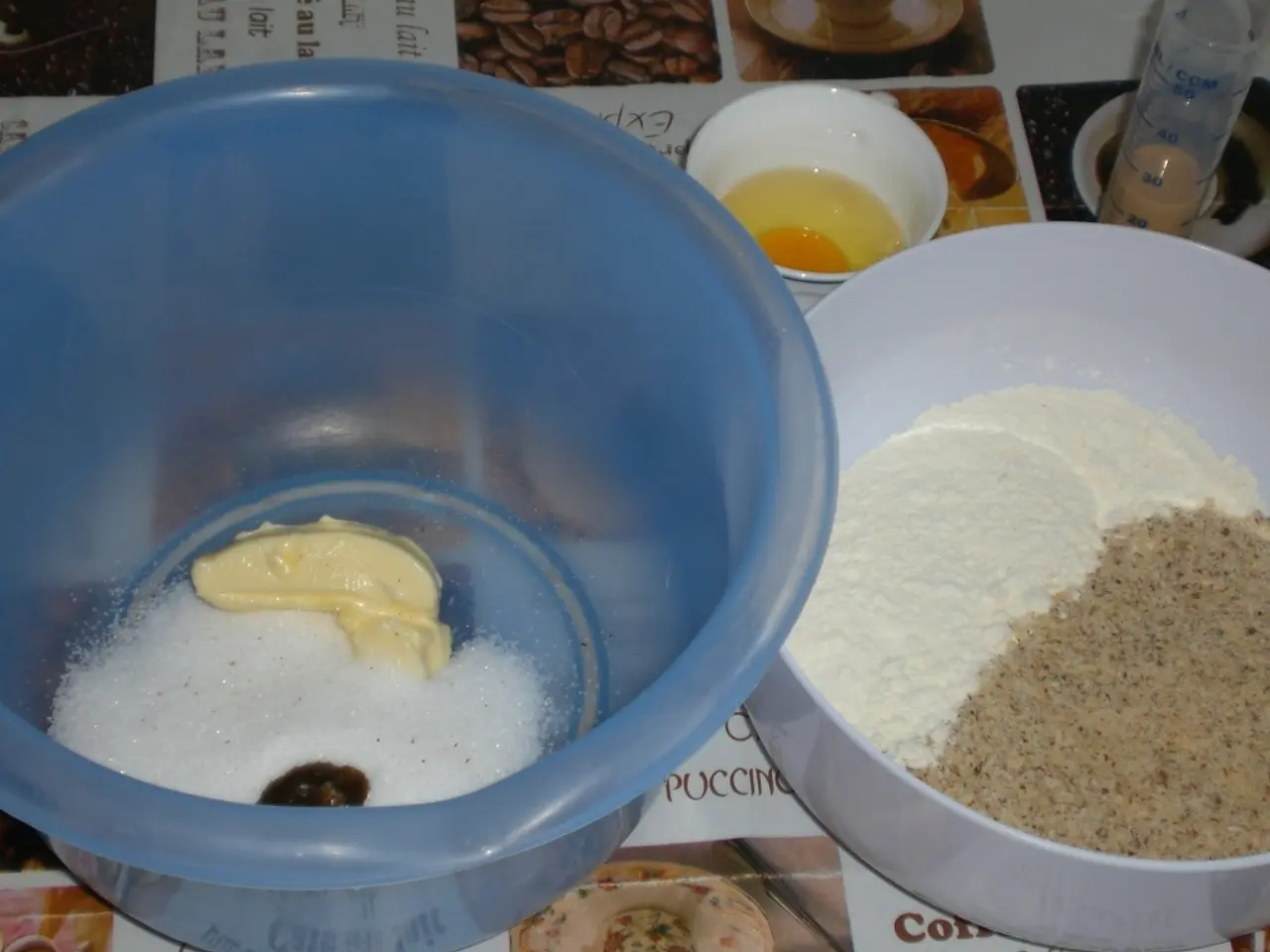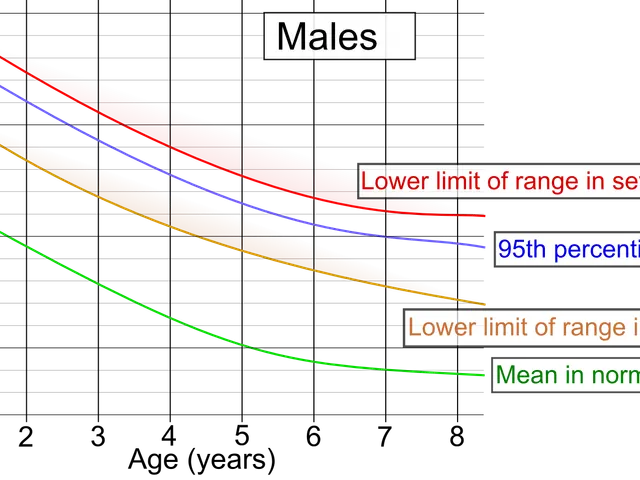Nutritional supplements and vitamin regimens for managing ulcerative colitis
Living with ulcerative colitis (UC) requires careful management, especially when it comes to maintaining a balanced diet and addressing potential nutritional deficiencies. Here's a look at common deficiencies associated with UC and strategies for addressing them.
Common Nutritional Deficiencies in UC
People with UC may be at risk for several nutritional deficiencies due to digestive issues, changes in diet, and the medications required to manage the condition. Common deficiencies include vitamin D, vitamin B12, and iron, as well as electrolyte imbalances such as sodium, chloride, calcium, magnesium, and potassium deficiencies.
Vitamin D Deficiency
Vitamin D deficiency is common among UC patients, partly because inflammation and corticosteroid medications impair absorption, and patients may have limited sun exposure. Vitamin D is crucial for immune regulation and bone health, and its deficiency can worsen bone fractures in IBD patients. Supplementation and monitoring are typically recommended, especially in active disease or steroid use.
Vitamin B12 Deficiency
Vitamin B12 deficiency occurs because UC can affect the terminal ileum, where B12 is absorbed, or due to dietary restrictions and inflammation. This can lead to anemia and neurological symptoms and might require supplementation.
Iron Deficiency
Iron deficiency results from chronic intestinal bleeding and malabsorption, making iron-deficiency anemia common. Addressing iron deficiency typically involves dietary changes and iron supplementation.
Electrolyte Imbalances
Electrolyte imbalances occur because inflammation impairs the colon's ability to absorb essential minerals, and diarrhea causes excessive loss of these minerals. Symptoms may include fatigue, nausea, seizures, and muscle cramps, requiring careful hydration and possibly supplementation.
Addressing Deficiencies through Diet and Supplementation
Managing vitamin deficiencies in UC involves a combination of tailored dietary adjustments during remission and flare-ups, plus appropriate medical supplementation under professional guidance.
Dietary Strategies
- Focus on anti-inflammatory foods to help manage UC symptoms and improve nutrient absorption. These include fatty fish (like salmon), extra-virgin olive oil, berries, leafy greens, cruciferous vegetables (if tolerated), and fruits like apples and citrus.
- During flare-ups, eat easily digestible, low-fiber foods such as well-cooked eggs, bananas, yogurt, applesauce, sweet potatoes, and avocados to reduce intestinal stress while maintaining nutrient intake.
- Reintroduce higher-fiber foods and more varied fruits and vegetables in remission, focusing on soluble fiber sources (bananas, peeled apples, carrots, mushrooms) that are less likely to exacerbate symptoms.
- Consume foods rich in vitamin D (e.g., fortified dairy, fatty fish), vitamin B12 (e.g., meat, eggs, dairy), and iron-rich foods (e.g., red meat, legumes, dark leafy greens), adjusted to tolerance during flare and remission phases.
Supplementation
- Vitamin D supplements are commonly recommended, especially in patients on corticosteroids or with documented deficiency.
- B12 supplements might be necessary, particularly if absorption is impaired.
- Iron supplementation can be oral or intravenous depending on severity and tolerance.
- Electrolyte replacement and hydration are important during flares to correct sodium, chloride, calcium, and potassium losses.
- Always consult healthcare providers before starting supplements, as some can interact with medications or worsen symptoms.
Key Takeaways
- Managing vitamin deficiencies in UC involves a combination of tailored dietary adjustments during remission and flare-ups plus appropriate medical supplementation under professional guidance.
- Close monitoring of nutritional status is important to prevent complications.
- Vitamins and supplements are not a substitute for medical treatment in people with ulcerative colitis.
- A diet high in inflammatory foods, such as processed foods, refined sugars, and unhealthy fats, can increase inflammation and worsen UC symptoms.
- Over time, this can lead to weight loss, malnutrition, and vitamin or mineral deficiencies.
- Supplements are not regulated by the FDA and don't have to be studied or even contain reported amounts of active ingredients. They can interact with other medications patients are taking.
- Each person with ulcerative colitis deserves an individualized approach to care, and there is no one-size-fits-all approach to treatment, diet, or supplements in UC.
- While some herbal supplements may have anti-inflammatory effects, others such as echinacea, ginseng, and licorice root may worsen inflammation or interact with medications.
- Inadequate intake of certain nutrients can worsen symptoms and increase the risk of complications in people with ulcerative colitis.
- Eating smaller, more frequent meals may reduce the workload on the digestive system, alleviate UC symptoms, and provide more opportunities to fit in nutrient-dense foods throughout the day.
- A plant-forward diet with healthy fats, such as a Mediterranean-style diet, and avoiding food additives such as emulsifiers is recommended for people with ulcerative colitis.
- People with ulcerative colitis may have higher nutrient needs due to chronic inflammation and diarrhea.
- Chronic diarrhea and inflammation in ulcerative colitis can lead to restricted food intake and consumption of low fiber, low nutrient-density diets.
- It has been a longstanding myth that people with IBD should avoid fiber-containing foods. By starting slowly with soluble fiber sources, improvements in bowel habits can lead to increased tolerance of nutrient-rich foods.
- Ulcerative colitis patients may face nutritional deficiencies due to digestive issues, diet changes, and medications, including deficiencies in vitamin D, vitamin B12, iron, electrolytes, and more.
- Vitamin D deficiency is common among UC patients due to inflammation, corticosteroids, limited sun exposure, and impaired absorption, potentially exacerbating bone fractures in IBD patients.
- Vitamin B12 deficiency can occur due to UC affecting the terminal ileum or dietary restrictions, leading to anemia and neurological symptoms that may require supplementation.
- Iron deficiency results from chronic intestinal bleeding and malabsorption, causing iron-deficiency anemia, often requiring dietary adjustments and iron supplementation.
- Electrolyte imbalances occur due to inflammation and diarrhea, impairing the colon's ability to absorb essential minerals and causing fatigue, nausea, seizures, and muscle cramps.
- To address vitamin deficiencies in UC, a combination of tailored dietary adjustments during remission and flare-ups, along with appropriate medical supplementation, is recommended under professional guidance.
- A diet high in anti-inflammatory foods, such as fatty fish, olive oil, berries, leafy greens, fruits, and easily digestible, low-fiber foods during flare-ups, can help manage symptoms and improve nutrient absorption.
- People with ulcerative colitis may have higher nutrient needs, leading to weight loss, malnutrition, and deficiencies, and should seek individualized care and dietary guidance from health care providers.
- Some herbal supplements may worsen inflammation or interact with medications, making it crucial for ulcerative colitis patients to consult healthcare providers before starting any supplements.






